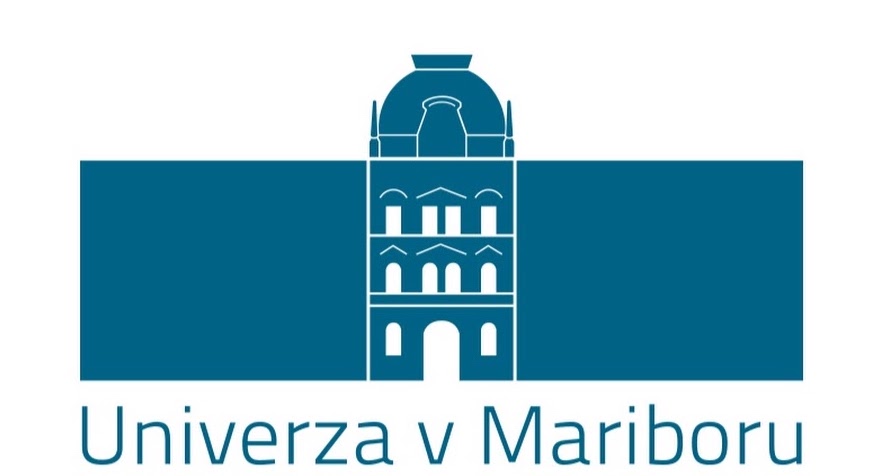OHCA registry Slovenia - pilot project
About
This is an interdisciplinary student project. It is run by University of Maribor Faculty of medicine. Our goal is to develop an open-source software to help track and analyse OHCA.
⚙️ In depth documentation can be found on our WIKI. ⚙️
🚧 Our webpage siohca.um.si. is currently under development. 🚧
OHCA
Out-of-hospital cardiac arrest (OHCA) describes the loss of mechanical cardiac function and the absence of systemic circulation. Time is crucial, with a lack of perfusion leading to continual cell death; with each second that passes the possibility of a good outcome decreases. Despite a long history of trying to improve how we manage OHCA, survival remains dismally low. Only over the past 5 years have clinicians begun to see meaningful improvements in prognosis and neurological outcomes. Globally, it is estimated that on average, less than 10% of all patients with OHCA will survive.
Utstein 2015 OHCA reporting template
The Utstein Style is a set of guidelines for uniform reporting of cardiac arrest. The Utstein Style was first proposed for emergency medical services in 1991. The name derives from a 1990 conference of the European Society of Cardiology, the European Academy of Anesthesiology, the European Society for Intensive Care Medicine, and related national societies, held at the Utstein Abbey on the island of Mosterøy, Norway.
You can access the complete consensus article
here.
Cardiac Arrest and Cardiopulmonary Resuscitation Outcome Reports: Update
of the Utstein Resuscitation Registry Templates for Out-of-Hospital Cardiac Arrest
A Statement for Healthcare Professionals From a Task Force of the
International Liaison Committee on Resuscitation (American Heart Association, European
Resuscitation Council, Australian and New Zealand Council on Resuscitation, Heart and Stroke
Foundation of Canada...
The team
Mentors
- Matej Strnad
- Miha Brezovnik.
Students:
- Luka Petravić (please address all correspondence to this email)
- Rok Miklič
- Evgenija Burger
- Tilen Pintarič
- Eva Poljanšek
- Urša Keše
- Domen Kulovec
- Miguel Faria Lopes
- Gašper Tomšič
- Ema Turnšek
- Gašper Šircelj
Trusted by

We are grateful to be endorsed by these institutions.
Funding
This project was funded by University of Maribor Faculty of medicine for 4 months between 1st of March and 30th of June 2022.
It is currently cofinanced by the Republic of Slovenia and the European Social Fund.


Acknowledgements
We would like to thank:
- System Software Laboratory for lending us their IT infrastructure
- Štefan Baebler for giving us technical advice
- Joh Dokler for giving us technical advice
- Eva Zupan Horaček for navigating us through designing a user friendly paper form and giving us UX advice in general